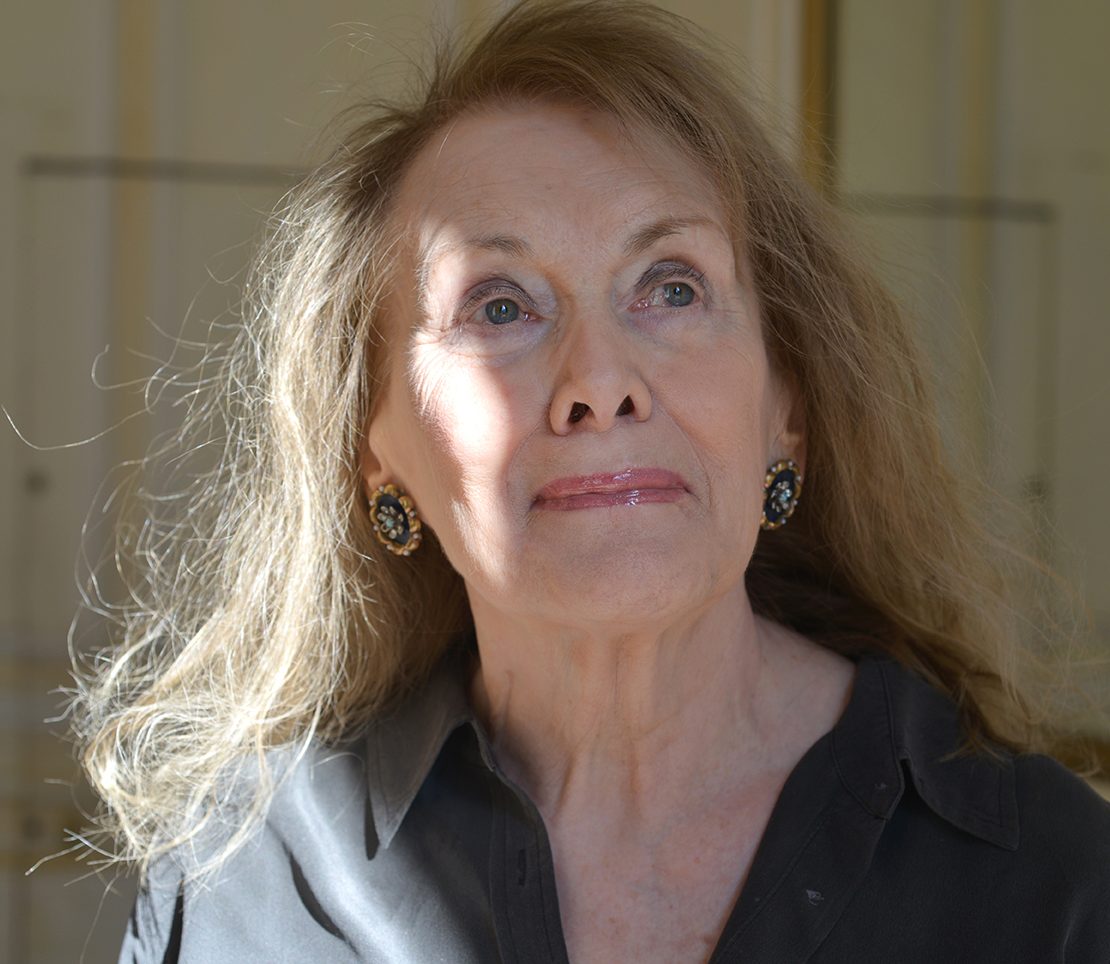French author Annie Ernaux has won the 2022 Nobel prize in literature at the age of 82. Of the 119 awarded since its inception, Ernaux is only the 18th female Nobel laureate in literature and the first French woman to have won the prize. The academy praised her “for the courage and clinical acuity with which she uncovers the roots, estrangements and collective restraints of personal memory.”
Her work took shape after she discovered as a writer that neither the French literature she read at home nor the schools she learned in and later taught in accurately depicted her daily life which was strife with class divisions. As her professors eagerly listened to the experiences of her middle-class schoolmates but suppressed her attempts to speak about her home life, she became aware of complicity at school. Her writing, at large, discusses the tension between what she refers to as the “dominant class” and “the dominated class.”
In the wake of her victory, many people in France applauded Ernaux’s work for its ongoing focus on the experience of the French working class. Her entire body of work is underpinned by her keen awareness of the determining impact of class.
She explores memories of both extraordinary and ordinary life experiences, such as a backstreet abortion, unsuccessful relationships with Russian lovers or men 30 years younger, the passing of her parents and breast cancer in her work. The chairman of the Nobel Literature committee, Anders Olssen, described Ernaux’s work as “uncompromising and written in plain language, scraped clean.”
Her body of work includes discussions on the act and art of writing, texts incorporating personal photographs, intimate and public diaries and life-writing that refuses to be contained by categories.
The New Yorker wrote in 2020 that over her 20 books, “she has been devoted to a single task: the excavation of her own life.” In her work, the autobiography takes a new form with the incorporations of elements of sociology, history, and archival.




